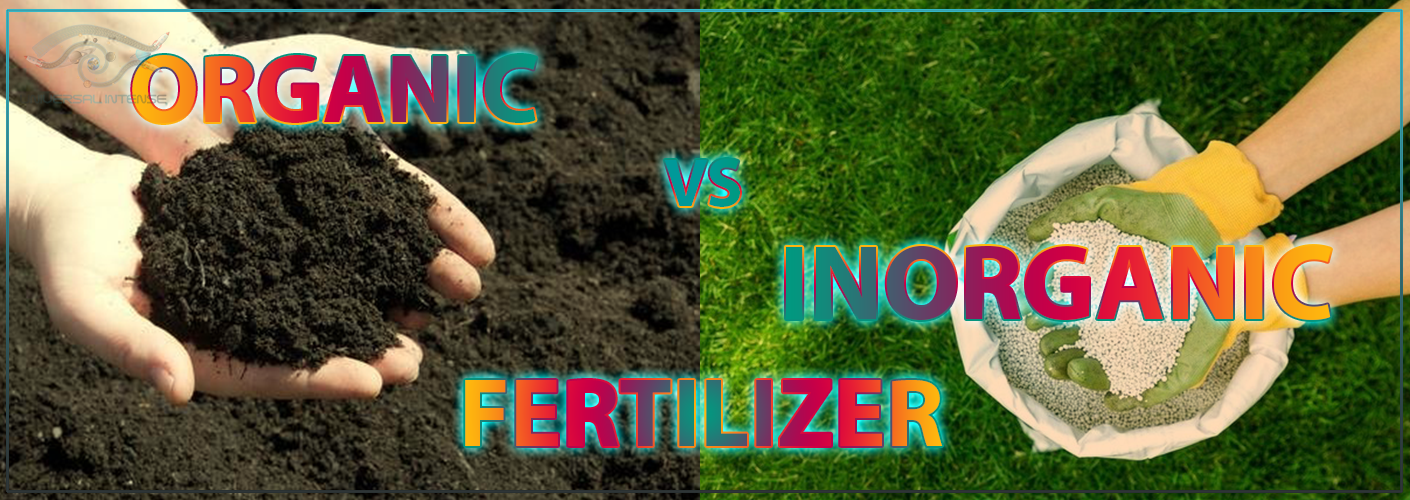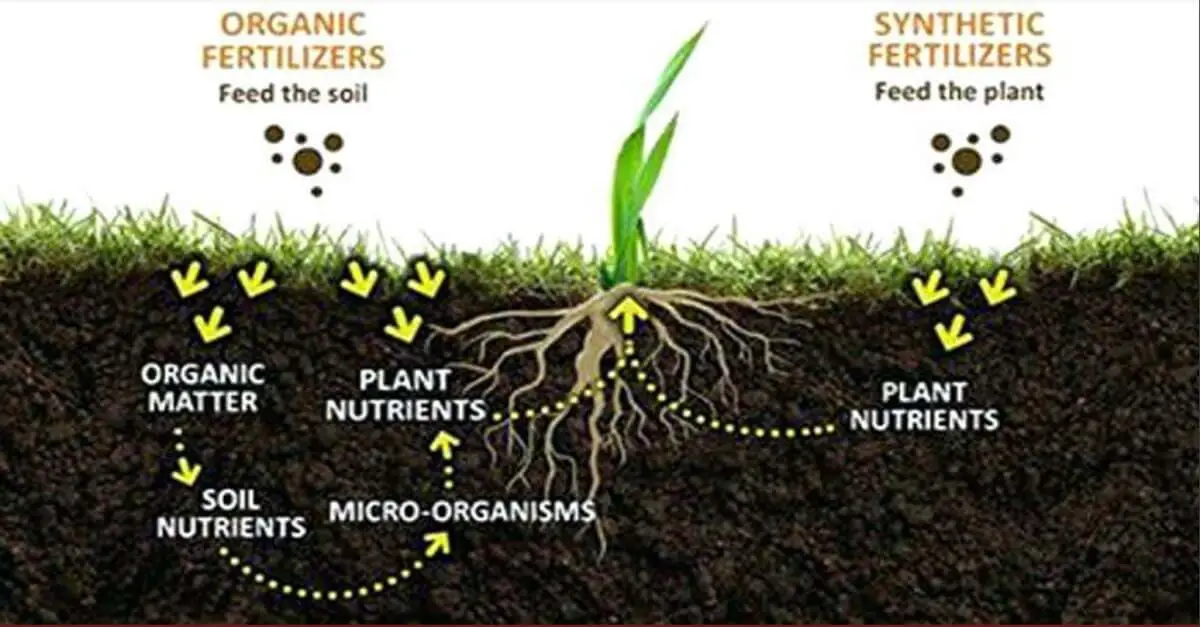Organic Fertilizer Vs Inorganic Fertilizer Universal Intense

Organic Fertilizer Vs Inorganic Fertilizer Universal Intense Most of the minerals in inorganic fertilizer are mined from the soil, and adjusted inorganic fertilizers are tall in all three macronutrients and can contain ammonium sulfate, magnesium sulfate, and potassium chloride and also, inorganic nitrogen is commonly made from petroleum. different types of organic fertilizer 1. plant based fertilizers. However, the choice between organic and inorganic fertilizers remains a subject of intense debate among farmers, scientists, and environmentalists. organic fertilizers, derived from natural sources like compost, manure, and bone meal, are praised for their ability to improve soil structure and long term sustainability.

Organic Vs Inorganic Fertilizer Whats Best And What Should You Use Organic fertilizers have lower npk ratios but offer the benefit of improving soil structure and quality. if you have good quality soil and simply need to add a nutrient boost, inorganic fertilizers are fine. if your soil needs improvement, however, organic fertilizers provide the best long term results. Organic fertilizers are biodegradable, eco friendly, and renewable. they are usually geared up from natural products, for instance, seaweed, compost, leaves, manure, and worm castings. organic fertilizers may be expensive, but they offer a wide range of benefits to the soil. inorganic fertilizers are prepared commercially and often lack. For instance, organic manures provide nutrients at a slow pace hence supporting long term sustainability and health of the soil. cost and availability: on the other hand, while most inorganic fertilizers tend to be cheaper and easily available in large quantities; it may require more money to acquire organic ones. Both inorganic and organic fertilizers have their own set of advantages and disadvantages. inorganic fertilizers offer immediate nutrient availability and precise control, but they can lead to nutrient imbalances and have a higher environmental impact. on the other hand, organic fertilizers promote soil health, have a lower environmental.

Comments are closed.